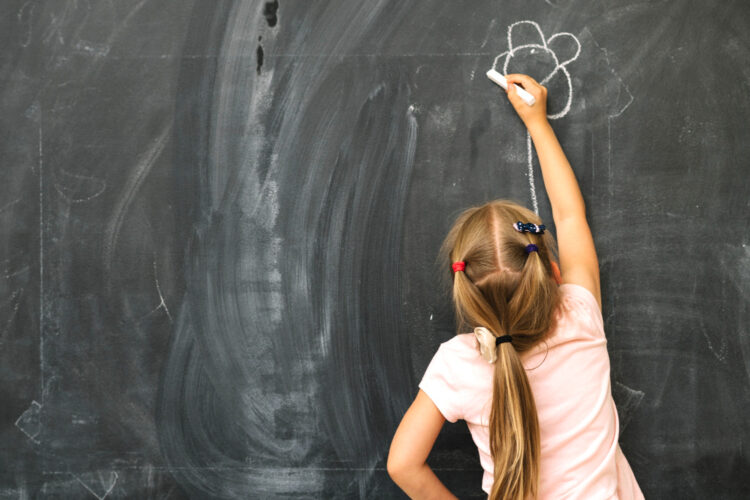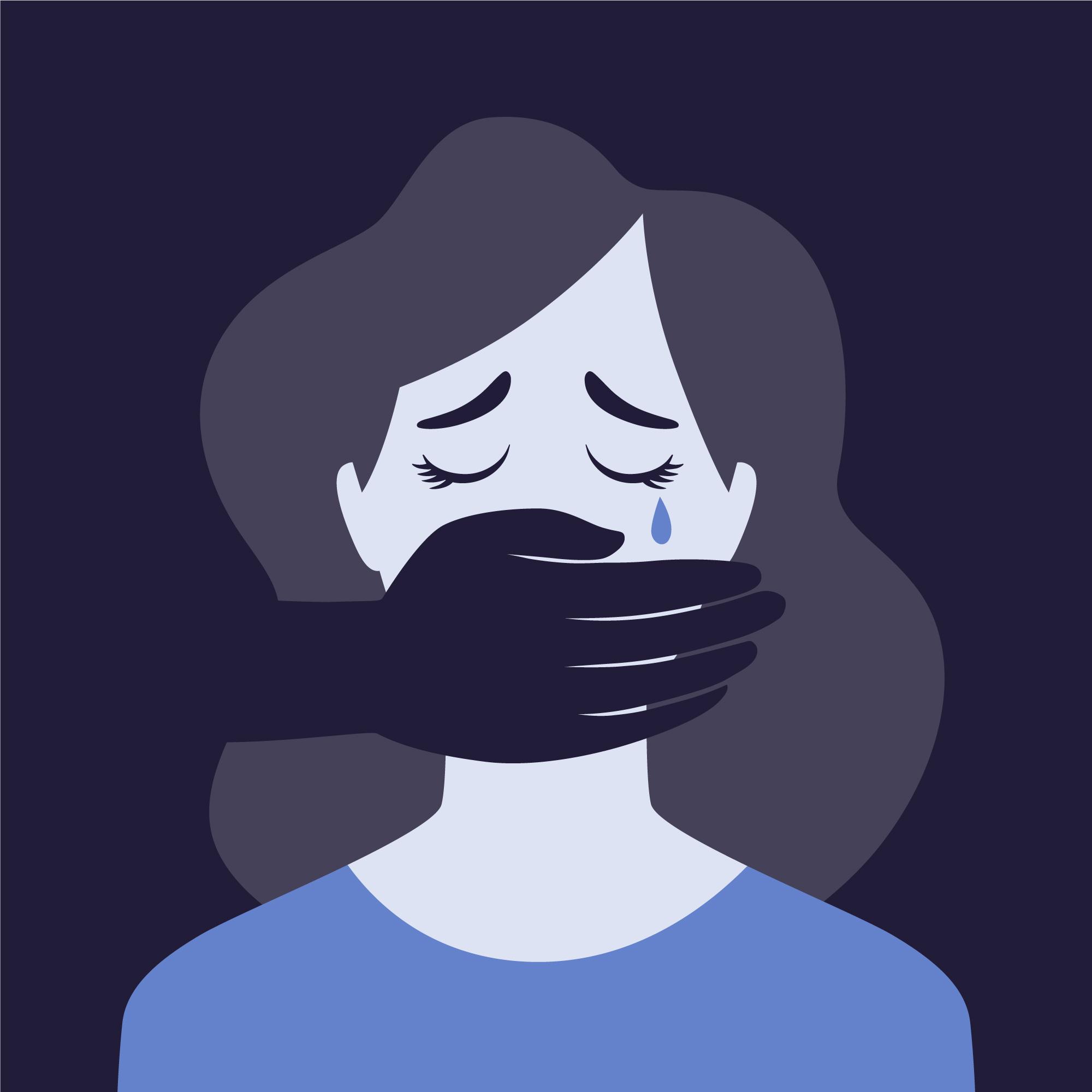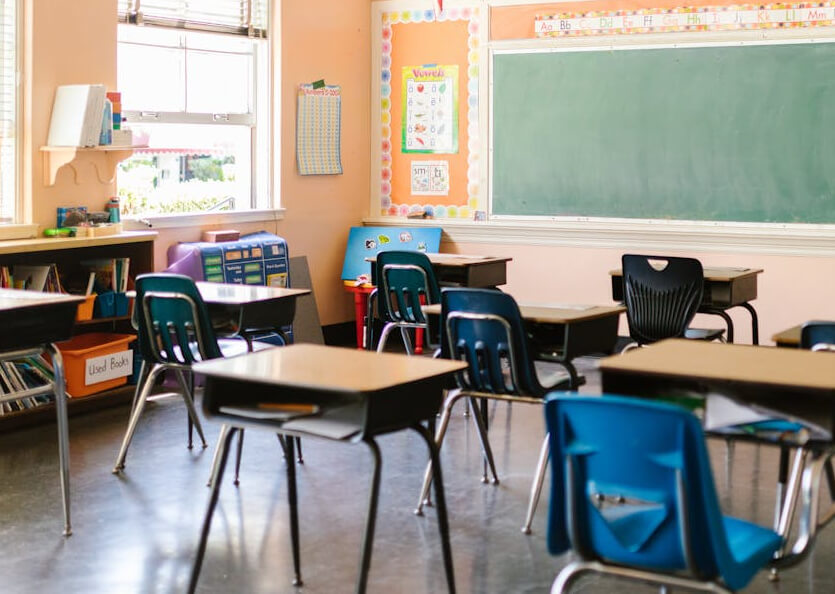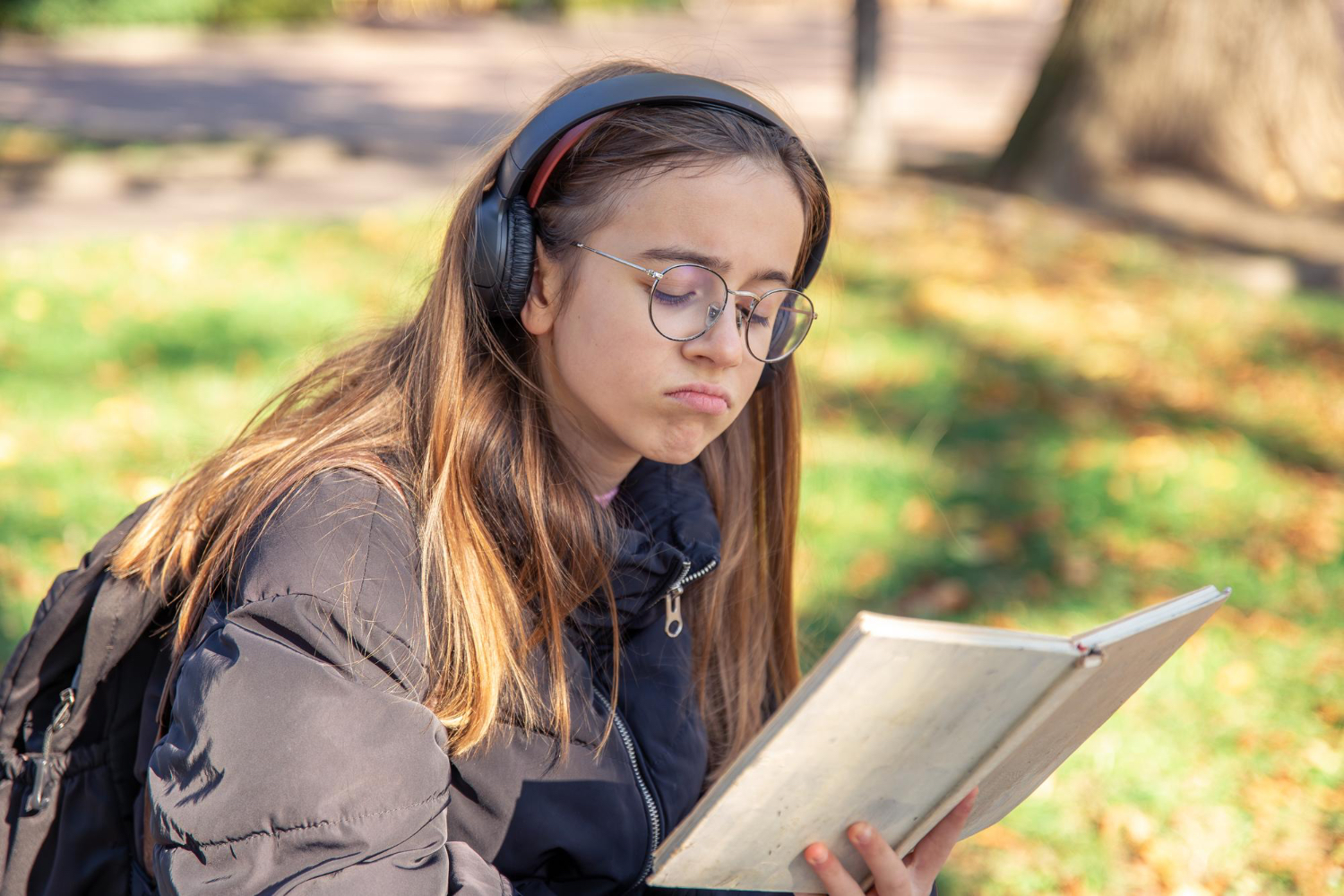They said she was doing well.
They said it with the softness of authority — that practiced tone that suggests neutrality while sidestepping consequence — a tone I’ve come to recognise as institutional, not personal, and absolutely not maternal.
They said she was fine because she was quiet. Because she didn’t scream. Because she didn’t punch holes in the drywall. Because she kept her hands folded and her eyes lowered and her terror tucked neatly behind the careful smile of a girl who has already learned, much too early, what happens when your distress makes other people uncomfortable.
They didn’t see the way she vomited in the car. Or the way she stopped eating again. Or the way she stared at the ceiling at night, whispering math problems to herself in the dark because she thought, somehow, that maybe if she could just learn to do it better — if she could just be a little more normal — things would stop hurting. That her body would start growing again. That people would stop laughing at her for being so small.
They didn’t see her. But I did.

“We’re already meeting her where she’s at”
It’s the phrase I now associate with defeat. With being spoken to slowly, as if I don’t understand how inclusion works. As if I haven’t been carrying a full-time job and a binder full of recommendations from every professional I could possibly afford — some of whom I couldn’t — in order to spare my daughter the violence of being misread.
Because that’s what this is. The violence of being misread. The erasure that happens when your suffering is too quiet, too polite, too digestible.
When Jeannie’s diagnosis finally came — autism, ADHD, a learning disability in math — I delivered it like an offering. Hoping the report would serve as proof of the things I’ve been saying for years were real, now written now in a language the system would be forced to acknowledge. But instead of recognition, we got a shrug. A polite one. A practiced one. “That’s just a piece of paper,” they said. “We’re already meeting her where she’s at.”

Except they weren’t
They weren’t there when she was being harassed by a boy in her class who had once been a friend and was now making rape jokes in her direction — jokes she tried to ignore, until ignoring didn’t work and he made them louder. Staff didn’t notice when she froze, when the only thing she could think to do was laugh, because laughter drew less attention than silence and silence drew less attention than terror. They weren’t there when she came home sobbing. I was.
I was there for the days she couldn’t eat breakfast. For the mornings she said she didn’t want to go — not with rage, but with the hollow dread of a child who has already learned how little her comfort matters. I was there for the headaches, the stomach aches, the weariness. The late-night questions. The desperate hunger for rules that made sense. And I was there for the days she missed — all 41 of them — and for the ones that didn’t get counted, because no one records it when you leave after recess.
She’s tiny
I hear this a lot. From strangers, from kids, from other parents in the hallway who think they’re making conversation. She’s small, yes. Tiny. Twiglike, someone said once — a word that has stuck with her longer than anyone intended. They don’t know it’s because her body shuts down when she’s scared. That she stops eating when the environment becomes unsafe. That her smallness is not a feature but a symptom — not delicate, but depleted. Not a quirk, but a cry.
She weighs 35 pounds less than her brother. They are twins.

“Even if Robin isn’t at school, I’m the least likely to get support”
She said that herself. I wrote it down. I think I cried when she said it, not because I didn’t know it already, but because she did. Because she saw the whole system at eleven years old, and understood where she fit in it — or rather, where she didn’t.
She knows that she doesn’t explode — not like Robin. She knows that she doesn’t get sent home in the same way, doesn’t get the same rush of adult attention when she finally breaks. She knows that other kids in her class have diagnoses that are louder, needs that are more visible, behaviour that draws eyes. She knows how easy it is to be overlooked when your survival strategy is to be agreeable.
And still, she tries. She makes cringey small talk with her teacher. She builds relationships slowly, earnestly. She’s so brave. And I am tired of watching that bravery be mistaken for resilience, for wellness, for not needing help.
-
The principal’s casualness reveals authorisation to harm
When a principal cancelled my daughter’s volleyball game with bureaucratic ease, her comfort while causing harm revealed systematic institutional authorisation.
-
Your child’s teacher crossed a line. The school shrugged. Now what?
Every time my phone lights up with a call or email from the school, my stomach drops. I brace automatically: Is…
-
Exhaustion as governance in BC education
The spears came out fast when news broke that Coquitlam School District had spent $38,000 on a professional development retreat at…
-
From trauma to topology: the grotesque work of quantifying institutional denial
When institutional harm accumulates in childhood—in objects confiscated, spaces denied, bodies excluded—the evidence lives first in memory and affect. The saucer…
-
Designed for denial: the architecture of accommodation refusal
Designed for denial describes systems structured so that refusing accommodation is the path of least resistance, the default outcome, the architecturally embedded…
-
A multi-lens analysis of accommodation denial in BC Schools
When the school handed me a garbage bag filled with jackets at the end of the year, it was evidence of…
-
Why teachers cannot be trusted to explain accommodation denial
When my daughter reported that boys were harassing her through the bathroom door and the principal responded by telling her to…
-
Material witness: objects and architecture in the exclusion of disabled children
When schools perform inclusion while enacting exclusion, the evidence accumulates in objects and spaces, in the material culture of neurodivergent childhood,…
-
How BC’s FESL enables ongoing exclusion of disabled children
In 2020, the British Columbia Ministry of Education and Child Care brought into force the Framework for Enhancing Student Learning, a policy…
-
The affective architecture of room clears
Room clears should be rare. In adequately resourced classrooms with sufficient staffing, with educational assistants trained in co-regulation, with adults who…
“This isn’t sustainable”
That’s what I wrote in an email once. That phrase, flat and clinical, in a paragraph full of tears. I don’t know if they understood. I don’t know if they cared. I said it again, in different ways, again and again — through documentation, through meetings, through careful explanations of neurodiversity informed strategy, through records of prior success and post-regulation improvement. Through everything I could give them except my whole body, which, at this point, they’ve already taken.
We have lost our marriage, our home, our mental health. We have lost money we didn’t have. We have lost time we cannot get back. We have lost — and are still losing — parts of our children that were supposed to be safe in the care of public education.
And still they say “we’re already doing what we can.”
But they’re not. Because if they were, Jeannie would not be terrified to go to school. She would not be throwing up on the way to class. She would not be going hungry at lunchtime because classmates talk about diarrhoea constantly and staff don’t interfere. She would not be so painfully aware of what it means to disappear in plain sight.
What the record doesn’t show
The attendance record shows 41 days. It does not show the reason. It does not show the morning she asked for help and was told to wait until after snack. It does not show the boys who wouldn’t stop touching her. It does not show the aide who said it was “cute” when she was hugged against her will. It does not show the stomach cramps, the full thermos, the endless tiredness. It does not show the moment she gave up trying to explain how unsafe it felt to be seen and ignored.
-
She’s agonised inside and that doesn’t count?
Much of this unfolded in 2022 and 2023, during a period when my daughter remained undiagnosed as autistic, unsupported in any formal way, and largely invisible to the school system. The patterns described here continue to shape our lives. In this essay, you’ll…
















